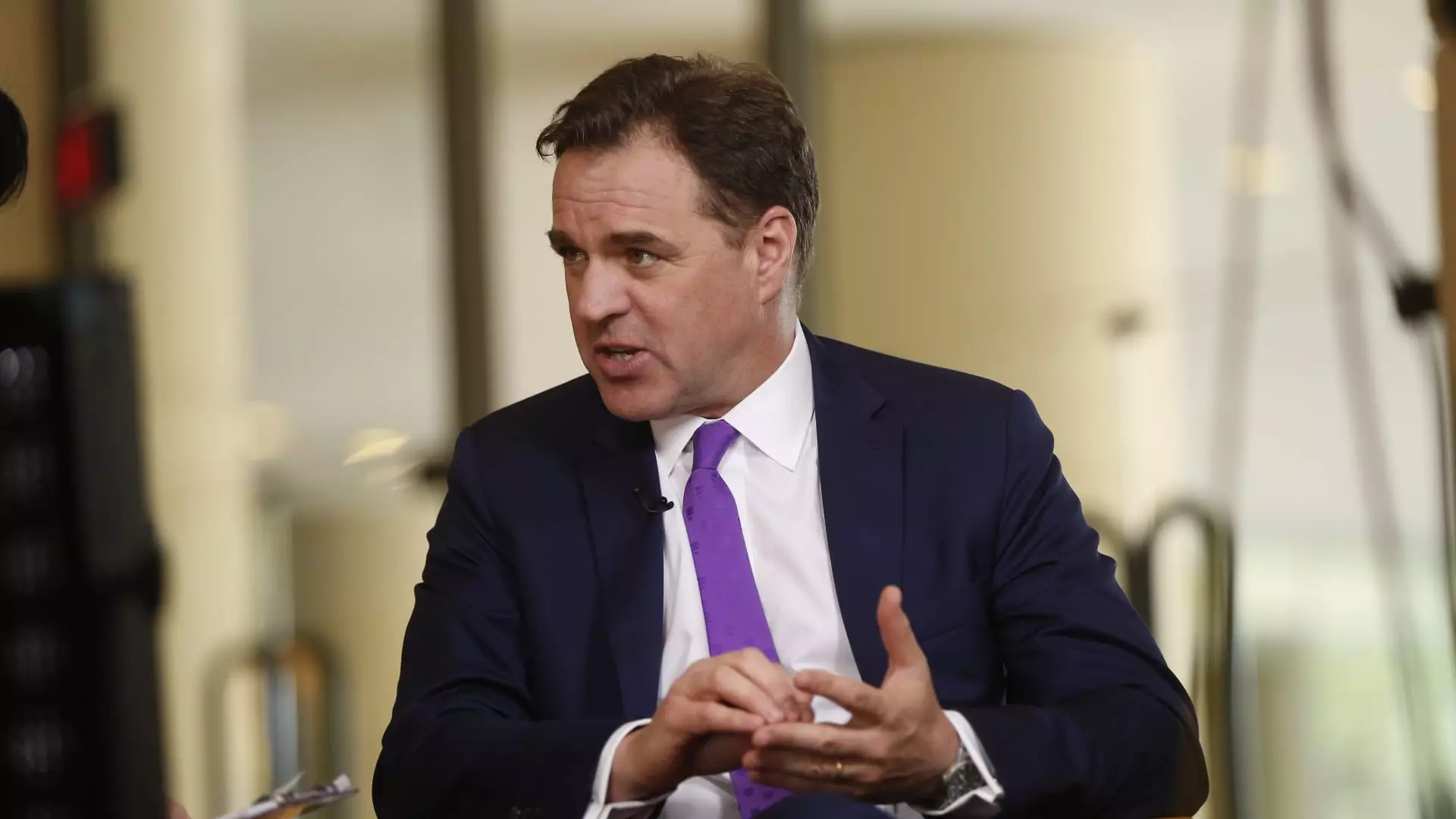Historian Niall Ferguson believes that claims of former President Donald Trump posing a significant threat to American democracy have been undermined by the events of his first term in office. Ferguson points out that the predictions of Trump becoming a tyrant and establishing a fascist regime were proven wrong by the way his administration unfolded. Despite initial concerns, Trump’s conduct during his first term did not align with the extreme accusations made against him.
One of the most significant events that marred Trump’s presidency was the insurrection that took place on January 6, 2021, at the U.S. Capitol. The violent riot, which began as a protest against Trump’s loss to President Joe Biden in the 2020 election, exposed the flaws in Trump’s leadership. The subsequent findings of a select committee report documenting Trump’s attempts to undermine the election process and perpetuate false claims further tarnished his reputation.
Despite the controversies surrounding his presidency, Trump’s legal troubles continue to mount. From facing federal criminal charges related to election interference to being implicated in various scandals, including cases of sexual abuse and civil fraud, Trump’s credibility has taken a severe hit. These legal battles have only added fuel to the ongoing debate about Trump’s fitness for office.
Ferguson also touches on the challenges faced by Democratic presidential nominee Kamala Harris in her bid for the presidency. While Harris has served as vice president to Joe Biden during a period of economic growth, she must address concerns about rising inflation, immigration issues, and the overall dissatisfaction among voters. Ferguson highlights the differences in policy proposals between Trump and Harris, particularly focusing on their approaches to taxation and regulation.
The upcoming election raises questions about how the competing economic policies of Trump and Harris will impact the country’s financial future. Harris’s proposal for a 28% tax on long-term capital gains contrasts with Trump’s plan to reduce the top rate to 15%. The choice between stimulating growth or raising taxes to address the growing fiscal deficit presents a critical decision for voters. Ferguson emphasizes the need for a sustainable economic strategy moving forward.
The legacy of Trump’s presidency continues to shape the political landscape in the United States. While his administration faced significant challenges and controversies, the impact of his policies and actions on democracy remains a subject of debate. As the nation prepares for the upcoming election, the choices made by voters will have far-reaching consequences for the future of American governance.


Leave a Reply